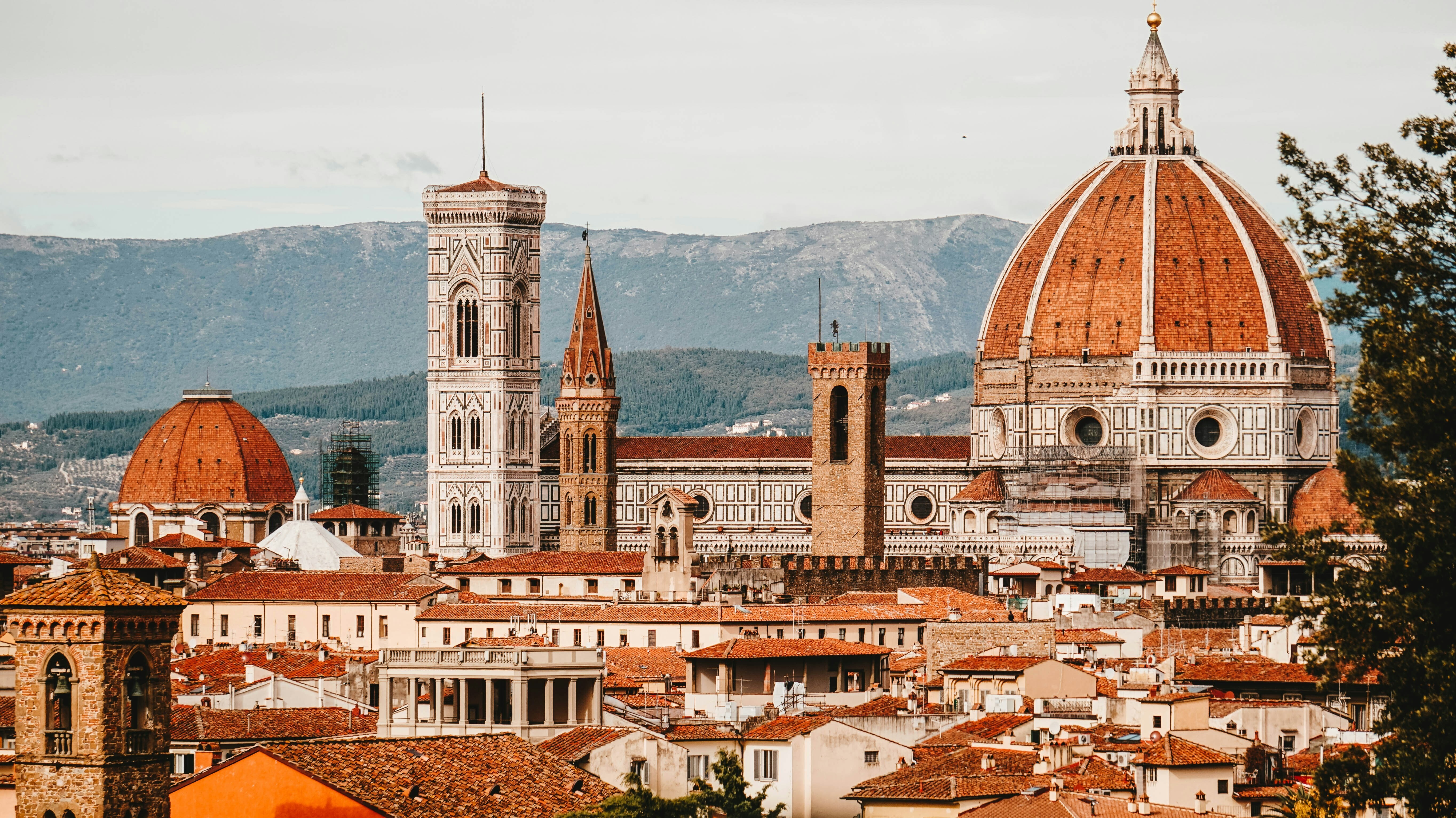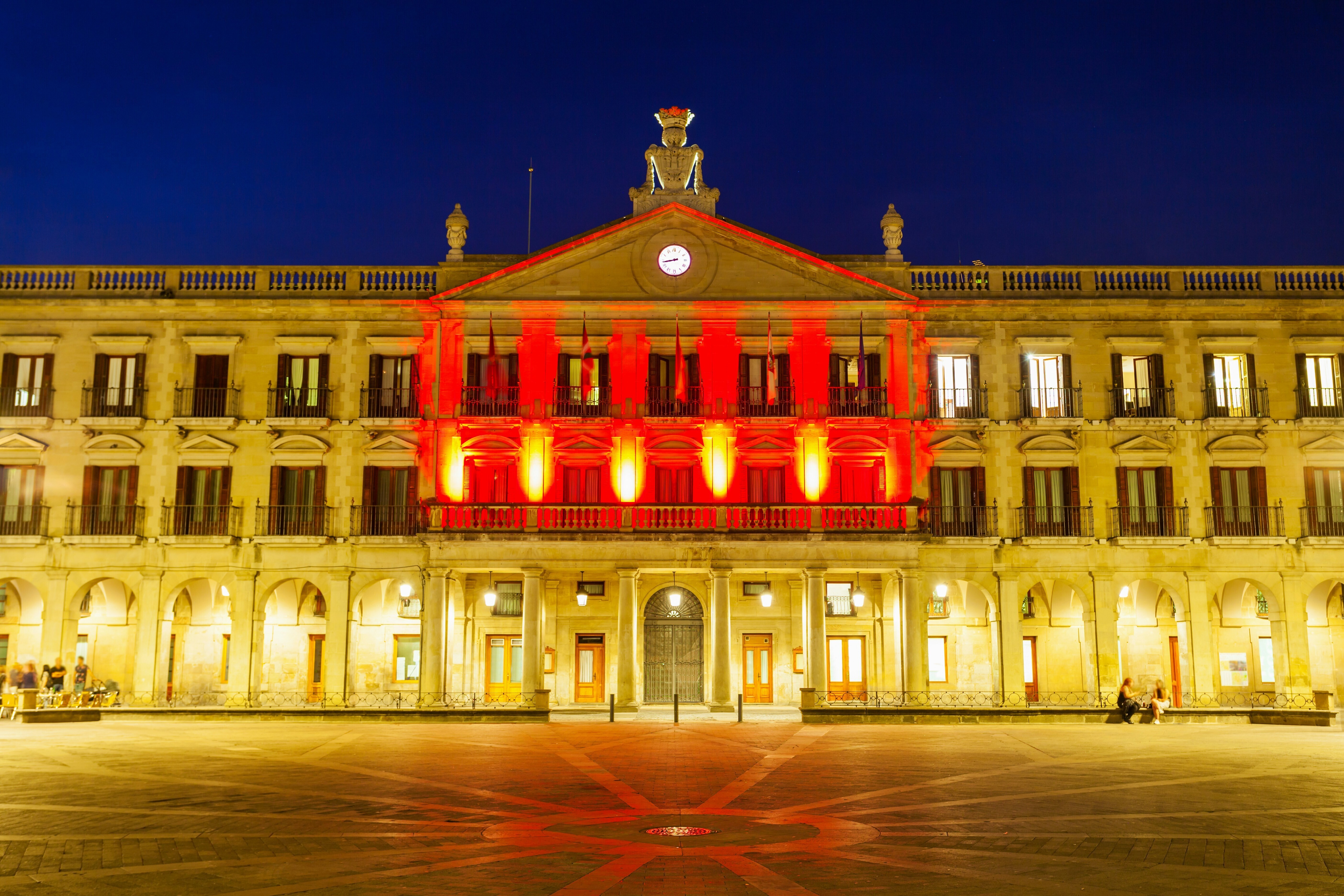Madrid is tackling its ‘biggest environmental catastrophe’ in years by cloning trees
The project hopes to mitigate against the impact of recent snowstorms.
Image: REUTERS/Juan Medina - RC2ZUL93X124
Stay up to date:
Spain
- Snowstorm Filomena hit central Spain in early January 2021.
- The storm damaged half a million of Madrid’s trees.
- Specialist teams have been called in to clone some of the most valuable specimens, creating genetically identical copies.
- So far they have received requests from 30 local authorities to clone more than 100 species, including corks and holm oaks.
After the worst snowstorm in decades damaged half a million of Madrid’s trees, a specialist arboreal rescue team is swooping in to clone some of the most valuable specimens, creating genetically identical copies for future generations to enjoy.
Storm Filomena crashed through central Spain in early January, cutting off transport links to the capital and causing hundreds of millions of euros of damage.
“It’s the biggest environmental catastrophe of recent years,” said Francisco Molina, head of agroforestry at Madrid’s IMIDRA rural development institute. “There’s been an unprecedented loss of natural heritage.”
Accept our marketing cookies to access this content.
These cookies are currently disabled in your browser.
Pruning saw in hand, he clambers under a 100-year old cork oak in the suburb of Las Rozas, which collapsed under several tonnes of snow. After chopping off a long bough, he painstakingly strips away any smaller twigs and cuts it into regular 20cm sections to be bundled up and sent to the lab.
IMIDRA has been cataloguing and cloning Madrid’s noteworthy trees for 10 years, but after Filomena the agency offered help replacing trees with sentimental value.
So far they have received requests from 30 local authorities to clone more than 100 species, including corks and holm oaks.
Emblematic of the Spanish interior, the evergreen oaks sustain the country’s famed acorn-fed pigs, but their broad leaves make them highly vulnerable to heavy snow.
Complicating the cloning effort, they are incapable of reproducing via a simple transplant, forcing the team to adopt a more complex approach known as somatic embryogenesis - the plant equivalent of in-vitro fertilisation.
The samples are scrubbed with a stiff brush, bathed in fungicide and bleach, then placed in a substrate to encourage fresh leaflets to grow.
“What we are trying to do is to induce acorn seeds to form from these leaves,” said IMIDRA researcher Inmaculada Hernandez.
It will take decades to replace the losses, but Molina believes it is worthwhile to preserve the genes of trees that have withstood a century of climate change, blight and insect attacks.
“When we suffer the tragedy of losing one we come running,” he said.
Accept our marketing cookies to access this content.
These cookies are currently disabled in your browser.
Don't miss any update on this topic
Create a free account and access your personalized content collection with our latest publications and analyses.
License and Republishing
World Economic Forum articles may be republished in accordance with the Creative Commons Attribution-NonCommercial-NoDerivatives 4.0 International Public License, and in accordance with our Terms of Use.
The views expressed in this article are those of the author alone and not the World Economic Forum.
Related topics:
Forum Stories newsletter
Bringing you weekly curated insights and analysis on the global issues that matter.
More on Urban TransformationSee all
Kate Whiting
November 11, 2025
Jeff Merritt and Vivian Brady-Phillips
November 6, 2025
Jeff Merritt and Andras Szorenyi
November 3, 2025
Marielle Anzelone and Georgia Silvera Seamans
October 31, 2025






